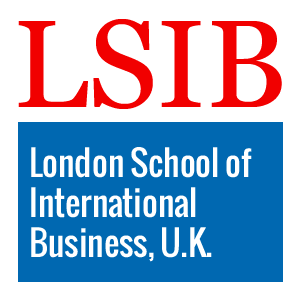Postgraduate Certificate in Waste Sorting Fundamentals
Published on June 28, 2025
About this Podcast
HOST: Welcome to our podcast, where we explore innovative courses and their impact on various industries. Today, I'm excited to discuss the Postgraduate Certificate in Waste Sorting Fundamentals with our esteemed guest. Can you briefly introduce yourself and share your connection to this field? GUEST: Hi, I'm Dr. Jane Smith, an environmental consultant with over 15 years of experience in waste management. I've seen firsthand how proper waste sorting can benefit both the environment and businesses. HOST: Fascinating! This course covers recycling processes, waste reduction strategies, and hazardous waste handling. In your experience, what are some key challenges professionals face in these areas? GUEST: Great question. One challenge is staying updated on the latest recycling technologies and regulations. Waste reduction can also be tricky, as it requires cooperation from various stakeholders, including consumers and businesses. As for hazardous waste, it's crucial to ensure safe handling, which often means investing in proper training and equipment. HOST: That's insightful. Now, the course emphasizes waste characterization, material recovery facilities (MRFs), and composting techniques. How do these topics help professionals in their day-to-day work? GUEST: Understanding waste characterization is essential for developing effective waste management strategies. MRFs are integral to the recycling process, so knowing how they operate can help optimize waste sorting. Composting techniques are important for reducing organic waste and producing nutrient-rich soil. HOST: Let's talk about the future. With growing awareness of sustainability and environmental issues, how do you see the waste management industry evolving? GUEST: I believe we'll see more emphasis on waste prevention and circular economy principles. This means designing products and systems that minimize waste generation and maximize resource efficiency. Additionally, digital technologies will likely play a significant role in waste management, from smart bins to AI-driven sorting systems. HOST: It sounds like an exciting time to be in this field. Before we wrap up, can you share a few thoughts on how this course can advance a professional's career and boost their employability? GUEST: Absolutely. This course offers a unique blend of theoretical knowledge and practical skills, making it an excellent starting point for anyone looking to specialize in waste management. By completing the program, professionals can demonstrate their commitment to sustainability and their ability to tackle complex waste challenges. HOST: Thank you, Dr. Smith, for sharing your insights and expertise with us today. We hope our listeners are inspired to explore the Postgraduate Certificate in Waste Sorting Fundamentals and contribute to a more sustainable future.
